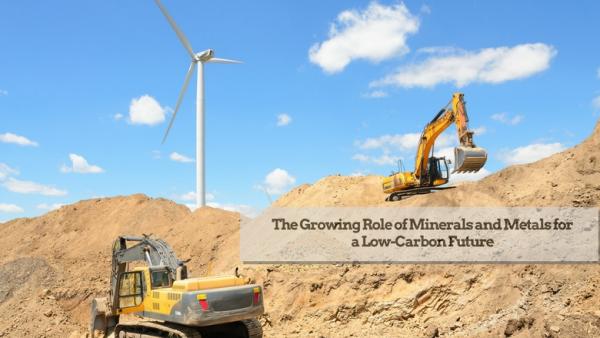The global trend towards using clean energy systems such as battery storage technology will see “heightened demand” for minerals and metals including lead and lithium, according to a new World Bank report.
A shift to a low-carbon future “could result in opportunities for mineral-rich countries”, the report said. But it warned these nations must have “long-term strategies in place that enable them to make smart investment decisions”.
The report – ‘The Growing Role of Minerals and Metals for a Low-Carbon Future’ – highlights energy storage among “key examples of low-carbon or ‘green’ energy technologies” and examines the types of minerals and metals “that will likely increase in demand as the world works towards commitments to keep the global average temperature rise at or below 2°C”.
“The most significant example is electric storage batteries, where the rise in relevant metals – aluminium, cobalt, iron, lead, lithium, manganese and nickel – grow in demand from a relatively modest level under 4°C to more than 1,000% under 2°C,” the report said.
World Bank senior director and head of the organisation’s energy and extractive industries global practice, Riccardo Puliti, said: “With better planning, resource-rich countries can take advantage of the increased demand to foster growth and development. Countries with capacity and infrastructure to supply the minerals and metals required for cleaner technologies have a unique opportunity to grow their economies if they develop their mining sectors in a sustainable way.”
The report said: “The low-carbon technologies that emerge as most applicable and beneficial, will play an important role in defining the commodity marketplace of the next 50 years. For example, the three leading forms of alternative vehicles — electric, hybrid, and hydrogen — each have different implications for metal demand. Electric vehicles require lithium; hybrid vehicles use lead; and hydrogen-powered vehicles use platinum.”
Based on current trends, the bank’s report said “it is expected that Chile, Peru, and (potentially) Bolivia, will play a key role in supplying copper and lithium”.
“Brazil is a key bauxite and iron ore supplier, while southern Africa and Guinea will be vital in the effort to meet growing demand for platinum, manganese, bauxite, and chromium,” the report said. “China will continue to play a leading role in production and reserve levels in practically every key metal required under low-carbon scenarios. India is dominant in iron, steel, and titanium, while Indonesia, Malaysia, and Philippines have opportunities with bauxite and nickel.”












